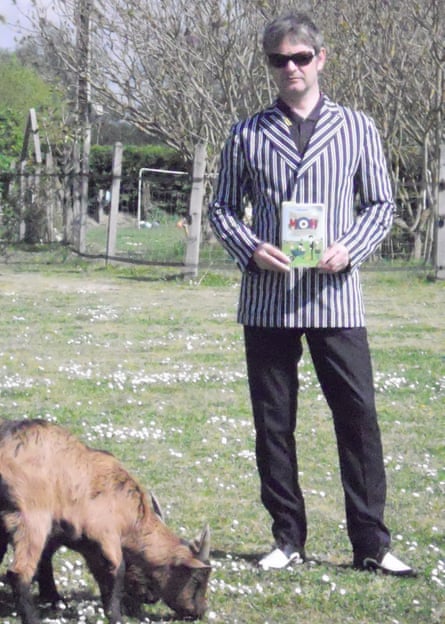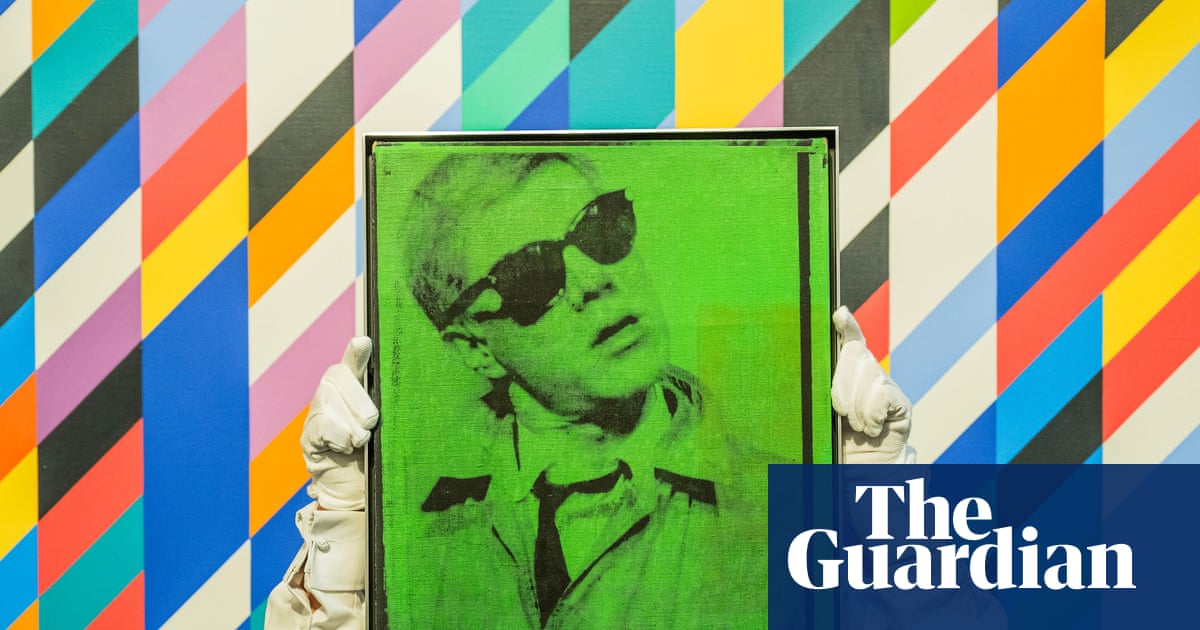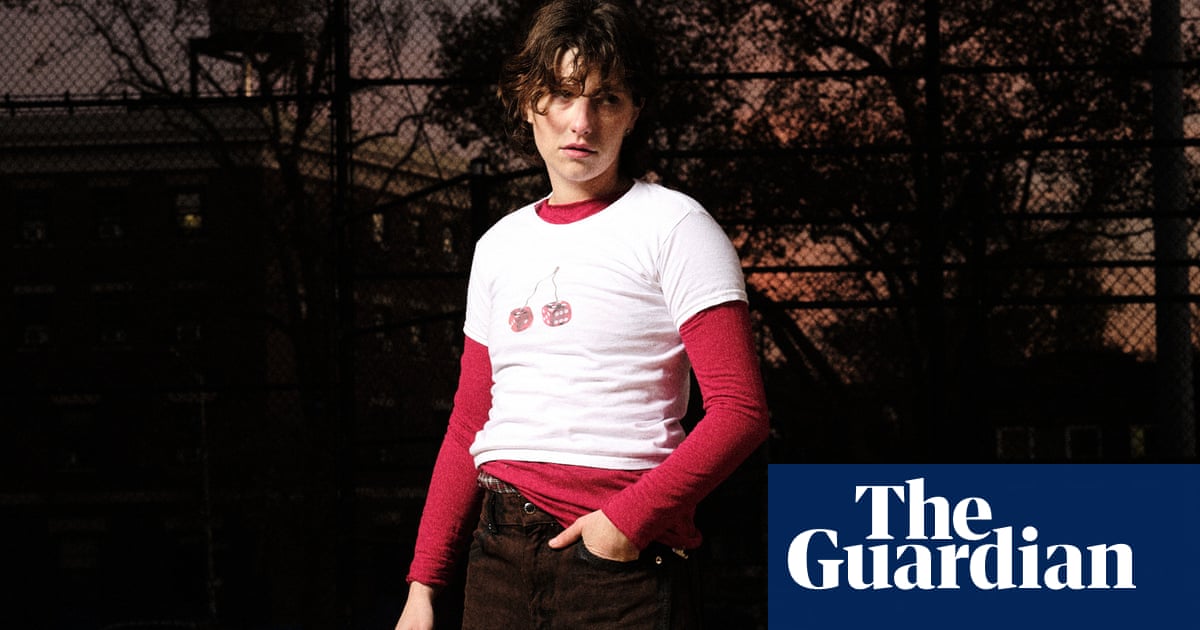I was standing in the long queue of a rural French boulangerie when it happened. The sun was just coming up and the glorious smell of freshly baked baguette filled the dawn air. I drank it in and shuffled forward, awaiting my turn, aware I was getting “looks” – and it wasn’t difficult to see why. I had driven all night from performing at a comedy gig in London to get to my home in the Loire valley, and I was still in my work clothes. My stage wear included a check tweed Edwardian frock coat with matching weskit, navy blue dress trousers, brogue monk shoes, a smart Oxford-collared shirt and a knitted blue tie, slightly loosened. Under normal circumstances, I would not invade my local boulangerie dressed as a cross between a late 60s dandy and a roaring 20s duellist, but it had been a long drive, and I was too tired to tone it down.
Plus, I had never really fit in locally anyway. We had moved there about 10 years earlier, in 2005 – a catastrophic decision, according to my agent, but a happy one for me, my wife and our then four-year-old son; the pace of life was less frenetic and we felt less hemmed in. And, as I often said only half-jokingly, it was the closest place to London we could afford to buy a house. Things had gone pretty well: my wife, being half-French and fluent, was working locally as a teacher, and my son had picked up the language more quickly than I can change a car tyre. We had two more children and I was … well, I was doing OK.
In truth, I was finding it hard. My French, at the time, was barely passable and spoken with a Michael Caine accent in what I have come to call “frockney”. But that was only part of the problem. Although I desperately wanted to melt into the background, my Englishness felt painfully in contrast with the sheer Frenchness of the vine-growing, goat-farming bucolia where I now lived. No matter what I did, I always felt as if I stood out a mile. Initially I had seen my mod stagewear as a defence at comedy gigs, a suit of armour for the laconic performance. It was only as I became more experienced and my stage act began to more closely reflect my real personality that I realised it wasn’t armour – it was me.

I had seen how the locals regarded the second-home-owning Parisians who flock to the Loire valley at the weekends in their expensive 4x4s and their too-new wellington boots, and I felt in danger of being seen the same way: a diffident interloper, not one of us. In the end, I rarely went out. I became clumsily mute, dreading any interaction with neighbours and acquaintances. The social minefield of how many cheek kisses were acceptable left me a gibbering wreck. But standing in the boulangerie queue, looking like I’d just flown in from a Mod Weekender crossed with a Doctor Who convention, proved to be my salvation.
Despite my exhaustion, my clothing gave me the kind of stage confidence I only usually had in front of a paying audience. I greeted everyone warmly, hearty “bonjours” all around; I laughed off the cheek-kissing when I got it wrong, ordered my baguettes and croissants and strode out. I didn’t realise it at the time, but I had made my mark. I became known locally as Monsieur So British – an affectionate moniker which, ironically, meant I started to feel more at home.
Mods call it peacocking – dress up, feel good, parade – and, gradually, I started to do it more often. Part of the reason I’d been hiding away, I realised, was my own misguided stubbornness. Mod clothes are part of my identity and to dilute that look to fit in had felt wrong. So for much of the last decade, I had compromised my look, and peacocked indoors. Standing in line to order my baguette, I realised I needn’t have bothered.
The rural French, I have learned, rarely do formal wear themselves – but they do love to see the British dress up. I have since attended local funerals where only the undertakers and I have been wearing suits – though mine is high-collared, eight-buttoned, double-breasted, and my tie is never loosened. On Armistice Day, a public holiday here, with street parades, it’s typically just me and those in uniform who abstain from casual attire. I wore a pair of two-tone, basket-weave loafers on one of these parades to the local cenotaph and a high-ranking officer from the local airbase said how pleased he was to see an Englishman joining the commemorations.
“How did you know I was English?” I asked in my frockney accent.
He chuckled and pointed at my shoes.
C’est La Vie by Ian Moore is out now (£7.99; Summersdale)

 3 months ago
57
3 months ago
57

















































